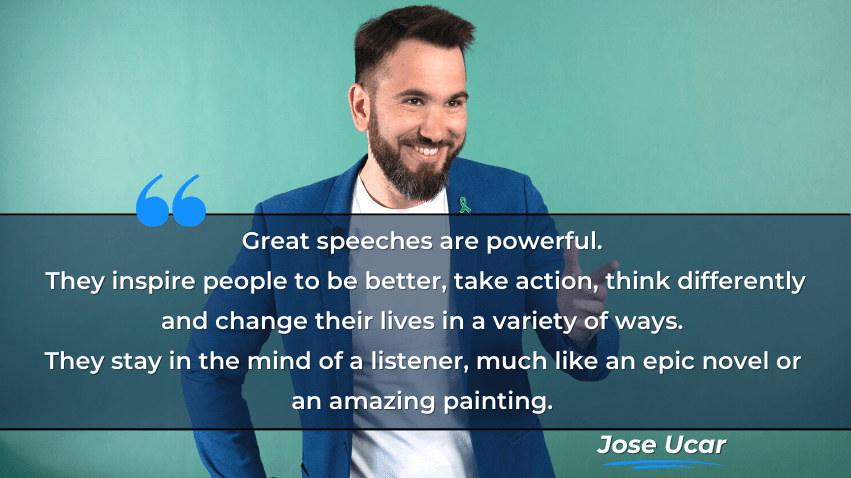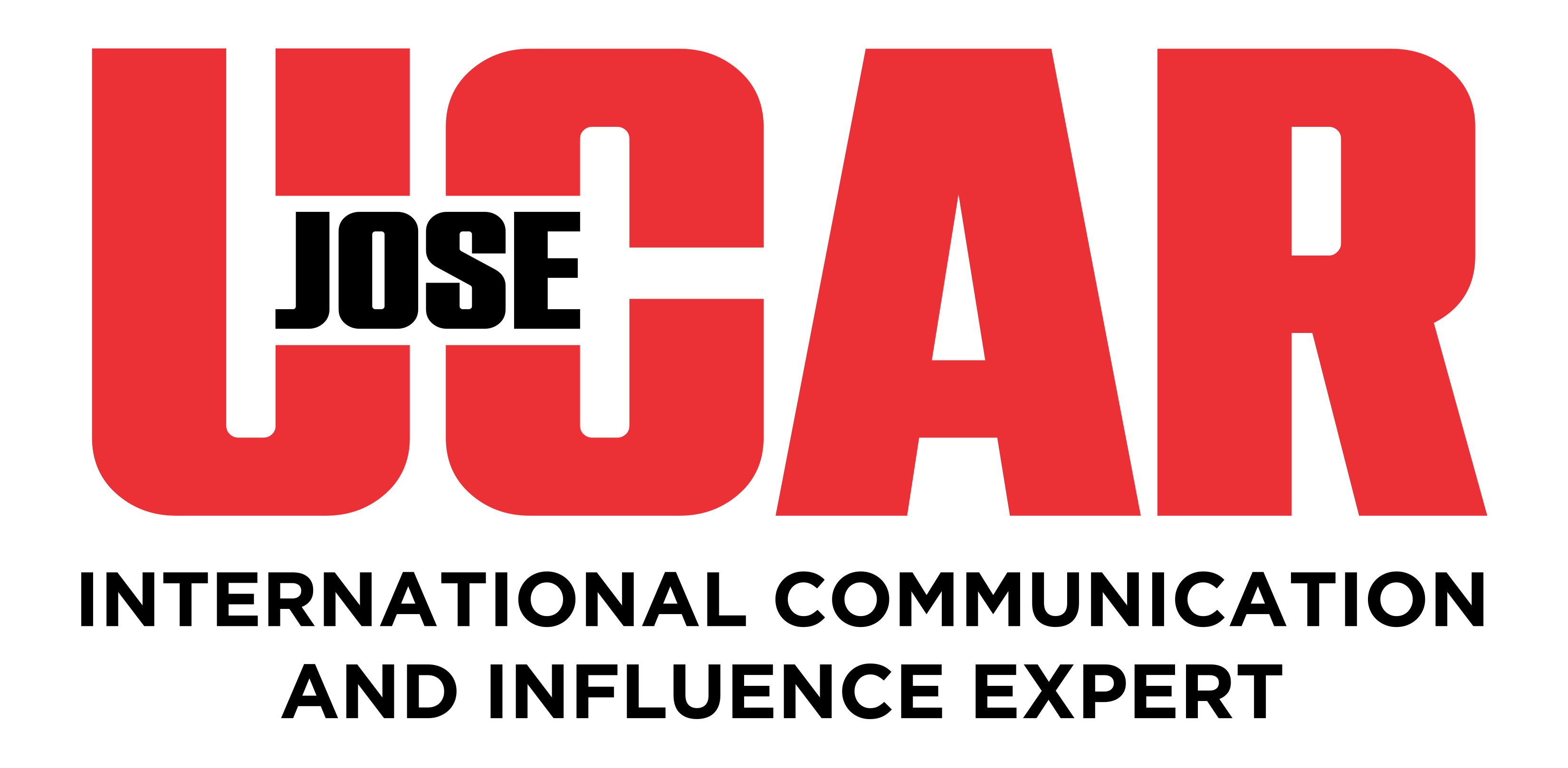Making An Impact With Public Speaking, by Jose Ucar
Great speeches are powerful. They inspire people to be better, take action, think differently and change their lives in a variety of ways. They stay in the mind of a listener, much like an epic novel or an amazing painting. And they move everyone who hears them in some way or another. They may be swept along in a tide of passion, brought to tears by an emotional tale, or erupt in laughter because the speaker tells excellent jokes. Whatever the effect, the one thing that all great speeches have in common is impact.
And that, in essence, is why I speak. I want to have an impact on the lives of my listeners. I want them to take action that improves their fortunes. And I want them to call me when they want a professional speaker at their next event.
Early Experiences
I decided to take up public speaking when I was 12 years old. My favourite teacher, Marcos Subero, told me it was fundamental to success in life and I loved the idea of doing it. Over the next 4 years, I gave plenty of presentations at school and started learning my craft. When I was 16, I qualified for an exchange student programme called AFS after ranking 17 out of over 400 students. It was an exciting chance to go to Sweden and represent my country. So I travelled all the way from the warm Caribbean waters of Venezuela to the snowy northern hemisphere. It could hardly have been any more different!
Sadly, after all the build-up, I completely froze when I went on stage to give my first speech. I could not say a word, my mind went blank, I got sweaty palms and afterwards I had to decide whether to stay on the trip, or give up and go home. How was I going to represent my country if I couldn’t speak?
I chose to stay because I was loving everything else about the experience. I was relishing exploring an unfamiliar country and learning a new language. I also realised I could learn from my failure. So that is exactly what I did. I asked my favourite teacher at my school in Sweden to help me, I practised my speeches in front of 10-year-olds who spoke better English than me, and I soon gained enough confidence to go back on the big stage.
Becoming A Better public Speaker
The choices we make at certain moments tend to define us. We find ourselves at a crossroads with one path that will take our lives in a particular direction, and another that propels us somewhere else entirely – often with no opportunity to go back and choose the other route instead.
Looking back on it now, I am certain that the decision I made in Sweden was critically important to the life I now live. I could have allowed my fear to overwhelm me and prevent me from following my passion for public speaking.
But I did not want to give up, and even at that age I knew what I wanted. I knew how much I enjoyed speaking and performing in front of people. I felt a calling within me to communicate in different languages and share my stories and experiences with the world. I also knew that if I did not pursue my dream, I would have no idea what to do with my time back in Venezuela. I wanted to succeed, and travel the world, and these ambitions drove me to carry on and get over the setback.
That transformative experience feeds into my coaching. I often say to clients: you can let the trauma put you off and stop you from taking risks, or you can learn from it and use it to motivate you. However you react, it will have a ripple effect on other areas of your life. If you are afraid to speak in public, you may feel less confident about human interactions. Consequently, you will be less inclined to speak up in social situations, speak out when you have something to say, and share your opinion on a one-to-one basis. On the other hand, if you deal with what’s stopping you, you can improve your life dramatically.
You might think that I cannot possibly be afraid when I go on stage anymore because I have done it so many times. Nothing could be further from the truth. I still feel nervous, and I still experience fear. The difference now is I know how to deal with it. I understand I am afraid because I care about what I do and I am excited about it. So I speak to my fear and say, ‘Look, I’ve done this many times, so you’re not getting in my way. You’ve just reminded me that I love what I do because it makes me feel alive.’ In this way, the dialogue I have with myself helps me find a more resourceful state.
This resourceful state is key when dealing with unexpected situations. If I go blank, I just smile and tell the audience I lost track of what I was saying, so let me come back to it. And if I get stumped by a question, I just say, ‘Great question. I don’t have the answer to that yet, but let’s connect right after this and talk.’ Whatever the difficulty, I never excuse myself or try to hide my discomfort, because that would affect the connection I am establishing with the audience.
Connecting With The Audience
My life is where it is today because I stand up and share what I know. I tap into my passions to tell stories, build rapport with my audiences and make sure they remember me. My presentations often lead to other opportunities, which I typically say yes to. I only think about the possibility of being judged or messing up for a few seconds before I dismiss it, because I know it is much more important to take the chances I get.
When I am on stage, I keep in mind that it does not matter how good my slides and audio-visual elements are if my audience is disengaged. So I pick up cues to gauge how they are receiving me. I notice whether they chuckle, lean forward to listen closely or make more eye contact. And I notice if they pull out their phones, because that shows they are disconnected, which is the last thing I want.
There is no better way to engage an audience than by telling a story. I often look at the way comedians take their audience on a very specific journey to make sure they are laughing the whole way through. That is how they keep people engaged, and it requires meticulous planning to get it exactly right.
Although my goal is not the same in terms of making people laugh, I operate in a similar way. I carefully prepare every aspect of my presentation to ensure that what I say has maximum impact. This also helps a lot when it comes to managing nerves, because I am much more confident about what I’m going to present. However, even though I carefully plan my presentations, I am happy to improvise if I think the audience will respond better to something spontaneous. In this way, speaking to me is like a dance of mutual responsiveness – people react to what I say, and I adapt what I do based on their reactions.
Public Speaking Opens Doors
After I came back from Sweden, I completed a bachelor’s degree in International Business and then went to Spain to do a diploma. This involved work experience for AFM Advanced Manufacturing Technologies, the Spanish Association of Manufacturers of Machine Tools, and gave me the chance to visit Turkey, Brazil and Argentina.
It also led me to the event where I met one of the most significant individuals in my career: Alan Pearce. He invited me to come to the UK and work for his company SGS Precision Tools Europe Ltd, a cutting tools manufacturer which mostly made tools for Aerospace. During my first spell there, I worked my way up from packing boxes to Iberia Area Manager.
After two and a half years with SGS, I decided to take a full-time job at AFM. This enabled me to travel the world and represent the member companies in countries such as the USA, Mexico, Turkey, Brazil and India. I could tell my presentations were well-received because potential clients always came up to me afterwards and told me they wanted to speak to the business I was representing.
My public speaking confidence was growing all the time, and I was developing my skills and becoming better at my craft every time I went on stage. I carried this confidence into the next chapter of my career, which occurred back at SGS after I accepted an offer to become their EU Marketing & Business Development Manager.
In this senior role, I presented and marketed the business in the USA, Mexico, and throughout Europe. I built up some of their distribution networks and conducted interviews and open house events at their facilities. And I was proud to secure SGS a deal with one of the biggest aerospace manufacturers in the world.
Going Out On My Own
I thoroughly enjoyed working for SGS, and I still have an excellent relationship with Alan Pearce – we work so well together that he is now one of my clients. But I had known from an early age that I wanted to establish my own business one day. So when some of the SGS clients enquired about training sessions with me, I finally made the jump and struck out on my own.
Since I started my own business and even during the pandemic, I have done at least a couple of presentations per week. I am on clubhouse every day for 90 minutes, and I also do podcasts, coaching sessions, speaking invitations and interviews. It is a lot of work and I love it.
One of the things I relish most about it is knowing I can impact people’s lives anywhere in the world through the power of the internet and social media. This inspires me to keep going on days when I am tired or do not feel like doing it. Because I know I am making a difference to people’s lives, I stretch myself and, when I stretch myself, I grow.
I also love the fact that people now seek me out because of my reputation. If they did not know I existed, I would not be able to help them. But I can because they know who I am. This is one of the reasons I really enjoy marketing. I know how important it is, and I teach clients how to raise their profile and stand out so they can connect with people, deliver their greatness and serve them in a way that helps them achieve what they want.
If I ever need extra motivation, I just remember my childhood. I was not given many things while I was growing up because my parents and grandparents could not afford them, and this motivated me to earn them for myself in the future. At one stage, this led me to focus too much on money and other parts of my life suffered as a result. But eventually, I found a healthy balance, and now I am more focused on helping others grow as I grow with them. That’s how I live my life and how I want to live it going forward.
With this in mind, I think it’s vital to be authentic. A business partner recently asked me to speak about how to build a six-figure business. But I knew I had not done that yet so I did not feel I could speak about it. I know about plenty of things – like speaking with an accent, struggling with a new culture, or starting from scratch and building something. So I am happy to talk about those things, because I know I can share something valuable with people. And the more I learn and experience, the more stories I can tell.
Even though I have accomplished a lot, I am not finished. And I am never going to be. My work is always going to evolve. There is no end to my career as a speaker because there will always be people out there and there will always be things to talk about. And the more I know and learn and grow, the more impact I will have.


